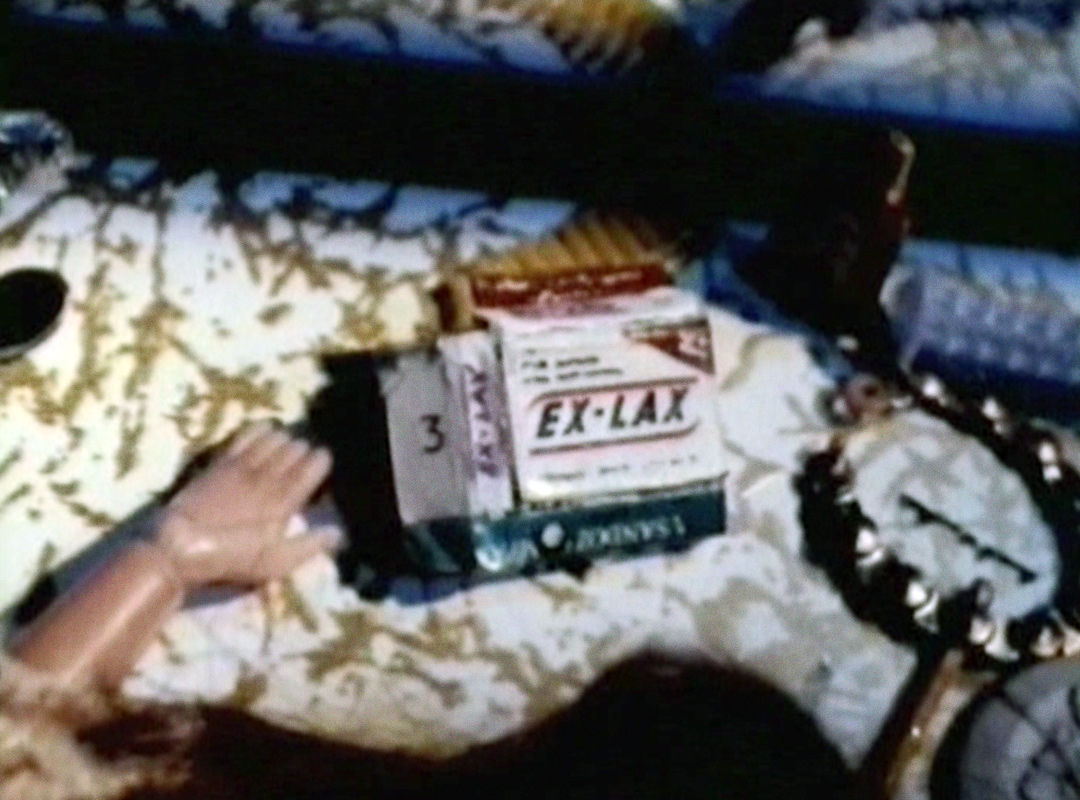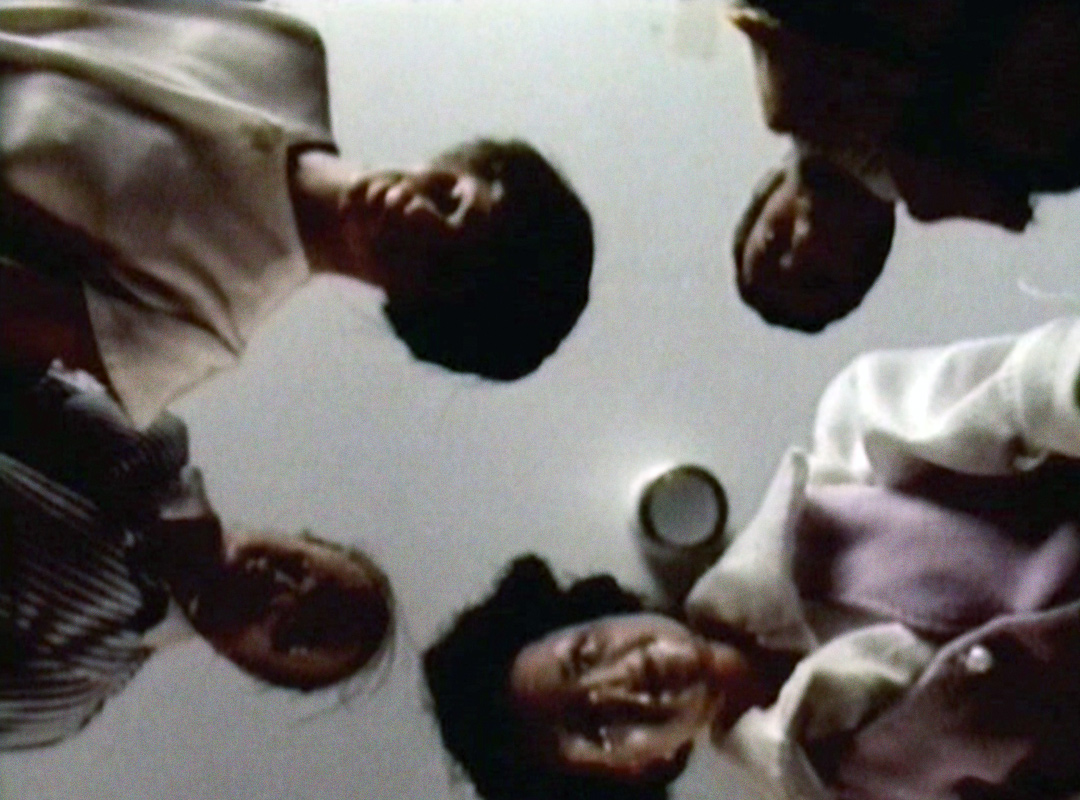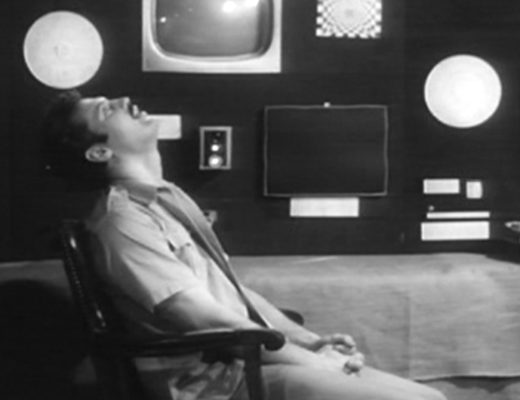Superstar: The Karen Carpenter Story is a film that could’ve only been made by a highly intelligent professional pot-smoker. No, no, not me, please. It’s Todd Haynes. This man, of course, went on to direct Carol, Safe, and I’m Not There, and a short for some band called Sonic Youth. But let’s not forget that he started with a bunch of Barbies and a Super 8 camera. And a giant bag of grass.
Maybe you don’t care about The Carpenters. Maybe you’ve never heard “Baby, Baby, Baby” or “We’ve Only Just Begun” or “Rainy Days and Mondays” or “(They Long to Be) Close to You” or “Top of the World.” That’s OK; it’s understandable. The Carpenters were a hit machine throughout the 70s but they were antithetical to rock ‘n’ roll. So while Led Zeppelin and Black Sabbath were pouring whiskey on audiences and getting laid and paid, Karen and Richard Carpenter were literally singing about hating Mondays. The Carpenters were a salve; they soothed the country in the midst of the Vietnam War and a corrupt presidency. They were “young and fresh,” wholesome, polite, and soft. Karen and Richard Carpenter were America’s kids next door. So basically Canada. Except they were from Downey, California. Which coincidentally is where I got my first car. Everyone in Los Angeles buys their car in Downey. It’s just how it is.
The story of The Carpenters’ rise to fame and Karen’s tragic struggle with anorexia is captured beautifully through Barbies. It’s genius. It’s fucking genius. Here we have a young woman whose body and mind succumbed to a society that puts impossible pressures on women and here’s a doll that sums up everything about that garbage society. Barbies have been denounced for promoting unrealistic, white-centric beauty standards (small waist, big chest, blonde hair, blue eyes) and materialism. At the same time, Barbies have also been praised because they inspire ambition. After all, Barbie can be whatever she wants to be—an astronaut, scientist, or just a girl with a pink Corvette with a hunk boyfriend. She embodies America, where you can follow your dreams and, well, you know the rest. Haynes’ and co-writer Cynthia Schneider’s stance is clear: Women are victims; they’re subjugated, exploited, and only matter when they’re in service to others, mainly men or women who support these poisonous expectations. The parallels between the pressures that Karen felt and the Barbies themselves are obvious, but it just took a genius to put them together.
Superstar: The Karen Carpenter Story isn’t coated with irony and it’s not played for laughs. There’s no air of self-awareness; you never feel like you’re watching a grown-ass man play with dolls. The short is thoughtful, stylish, and experimental—and not just because it’s a story told through Barbie dolls. It’s a mash-up of archival footage of war torn bodies, Nixon speeches, snippets of All in the Family, Ex-Lax boxes, woman-on-the-street interviews, pictures of breasts and thighs, and endless images of salads and iced teas. Also Barbies getting spanked. It’s got heavy-handed text about anorexia that can only come from liberal arts school-educated students: “Fascism over the body in which the sufferers play both the dictator and the emaciated victim.” It’s not a subtle film. But that’s not to say it’s not nuanced either.
It would’ve been easy just to put a camera on a tripod and move Barbies back and forth on the screen, but that’s not what we get. Instead, there’s elaborate miniature sets, from the Carpenters’ family kitchen to a recording studio. Camera angles shift and speakers get different points of view. The dolls are essentially actors and not dolls. There’s attention to detail in a controlled environment. Then of course there are the songs. Those sad-sounding songs that are about being on top of the world or just starting a relationship. Those very songs that Haynes never cleared, which is why this short only exists as tenth-generation bootlegs.
There’s a scene where Richard sees Karen passed out in the bedroom after a night of binging and purging. “What are you trying to do, ruin both our careers? Do your make-up; you’re a mess.” This scene pretty much encapsulates what it’s like being a woman. And it’s done using dolls.






